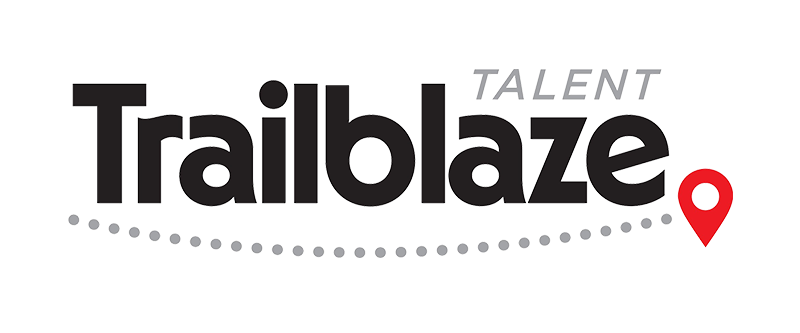Exploring Temporary vs. Permanent Employment
In the world of staffing and job searches, one of the fundamental decisions job seekers face is whether to pursue temporary or permanent employment opportunities. Both options come with their own advantages and considerations, and making the right choice can significantly impact your career path. In this blog, we’ll explore the differences between temporary and permanent employment to help you make an informed decision.
Temporary Employment
Flexibility: Temporary positions often offer flexibility in terms of work hours and commitments. This can be advantageous for individuals seeking short-term employment, such as students or those looking for project-based work.
Skill Enhancement: Temporary roles can provide opportunities to gain new skills and experiences. They can serve as stepping stones to more permanent positions or help you explore different industries.
Networking: Temporary work allows you to expand your professional network. You’ll interact with various employers and colleagues, potentially leading to future job opportunities.
Income Stability: Temporary positions may not offer the same level of income stability as permanent roles. However, they can provide immediate income while job seekers continue their search for a permanent position.
Testing the Waters: Temporary work can be a way to test the waters with a potential employer. It allows both you and the employer to assess whether a more permanent arrangement is a good fit.
Permanent Employment
Job Security: Permanent positions typically come with greater job security and stability. They provide a steady income and often include benefits such as healthcare and retirement plans.
Career Growth: Permanent roles offer opportunities for career advancement within the same organization. You can climb the corporate ladder, take on leadership roles, and build a long-term career.
Benefits Package: Permanent employees often receive comprehensive benefits packages that can include health insurance, paid time off, retirement plans, and more.
Commitment: Accepting a permanent position requires a greater commitment to the organization and its goals. Employers seek individuals who are invested in the company’s long-term success.
Consistency: Permanent employment provides consistency and stability in your work life. You’ll have a predictable work schedule and ongoing responsibilities.
Making the Right Choice
When deciding between temporary and permanent employment, consider your personal and career goals. Ask yourself:
What are my short-term and long-term career aspirations?
Do I value flexibility and diverse experiences, or do I prioritize stability and long-term commitment?
What are my financial needs and priorities?
Am I open to trying different roles and industries, or do I have a specific career path in mind?
Ultimately, the choice between temporary and permanent employment depends on your individual circumstances and preferences. It’s essential to align your employment choices with your career goals and values. Additionally, keep in mind that your career path may involve a mix of both temporary and permanent positions at different stages.
In the ever-evolving job market, both temporary and permanent roles play crucial roles in connecting job seekers with employers. Whichever path you choose, understanding the distinctions between these options empowers you to make informed decisions and navigate the world of staffing and job searches effectively.




